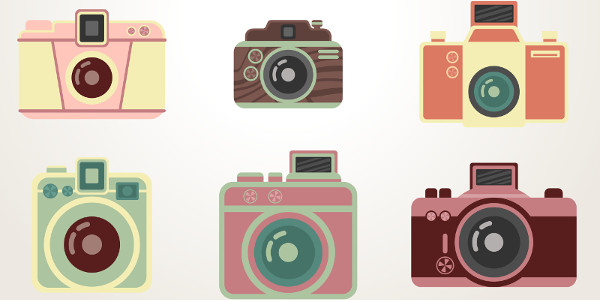
March 20, 2017, by Michael Timmins
Britain in Focus: A Photographic History
Considering the ubiquity of images, and for the most part, their photographic origins, television has infrequently reflected on the medium of photography in a sustained way. So, it is well worth the effort to watch and reflect on the ‘season of photography’ upcoming on the BBC. The first major presentation in the season is the three-part documentary, Britain in Focus: A Photographic History, introduced by photojournalist, Eamonn McCabe. The accompanying descriptive blurb tells us ‘McCabe celebrates Britain’s greatest photographers, sees how science allowed their art to develop, and explores how they have captured our changing lives and country.’ It’s an ambitious remit, for sure, and a welcome addition to the conversation about a medium whose presence saturates our lived experience, yet somehow escapes our attention.
McCabe’s role is simple, then, to reintroduce a public, presently blind to the wonders of the photograph and photography, to the defining role of the medium has played in British history. For those wondering why we should trust our guide, McCabe, well you can rest assured; McCabe is a real photographer, a point he makes constantly in the voice overs, and in the endless clips of him with an array of cameras, taking photographs. There is a point to McCabe photographing and it relates to technological advances and a series of contemporary reimaginings of photo-historical moments which the photographer himself is engaged in restaging.
Over the two episodes screened so far, a narrative arc beginning with the scientific foundations of photography and subsequent technical advances in film, optics and camera-construction, has laid the grounds for a sustained look at the role of photojournalism. Given McCabe’s profession – photojournalist then photo-editor of the Guardian and Observer – this makes perfect sense. What has made less sense, though the programme-makers make no secret of it, is the idea of ‘celebrating’ great photographers and describing what is for the most part photojournalism as ‘art.’ If ‘celebration’ means to offer recognition where none has been previous offered, then Roger Fenton and Julia Margaret Cameron (episode one) have arguably been well-celebrated. More interesting would be a most searching set of questions why one of the 19th Century’s Masters of photography, Fenton, gave up on the medium after 10 years or so? And what about the question of ‘art’ in relation to these pioneers of photography and the photojournalists who followed? McCabe’s analyses have not really asked too many questions – why were readers of the Picture Post happy to look at staged photographs? What about editing, cropping and captioning of images in the press? In fact, what about the easy absorption of the visual image to ‘match’ the journalist’s copy in print culture? And what about the ‘art’ of photojournalism? Well the answer is simple (if often dangerous), to be at the centre of the action, whatever and wherever that action might be. How those images are used, in what ways they are framed, and via what means they are communicated, Britain in Focus has little to say. The take home news from Britain in Focus is that photography records, captures, and, in doing so, reflects ‘our’ history.
But, of course, this is nonsense, and presents a long outdated point of view as contemporary and vital.
Photography might record but what does it record? What does it not record? Who does the recording? It might also capture but what is captured and by whom, and for what ends? Photography might well reflect history but it plays a substantial role in constructing history as well. Photography is not passive, it is not neutral. Plus, photography, especially photojournalism and documentary photography, are an active participant in a much wider set of social and cultural structures. A documentary series that addresses these questions and considers how photography has shaped rather than simply ‘reflected’ British history would be a welcome addition to the BBC’s season on photography.
Mark Rawlinson, Associate Professor, History of Art

Can we say that photographers are somehow historians?